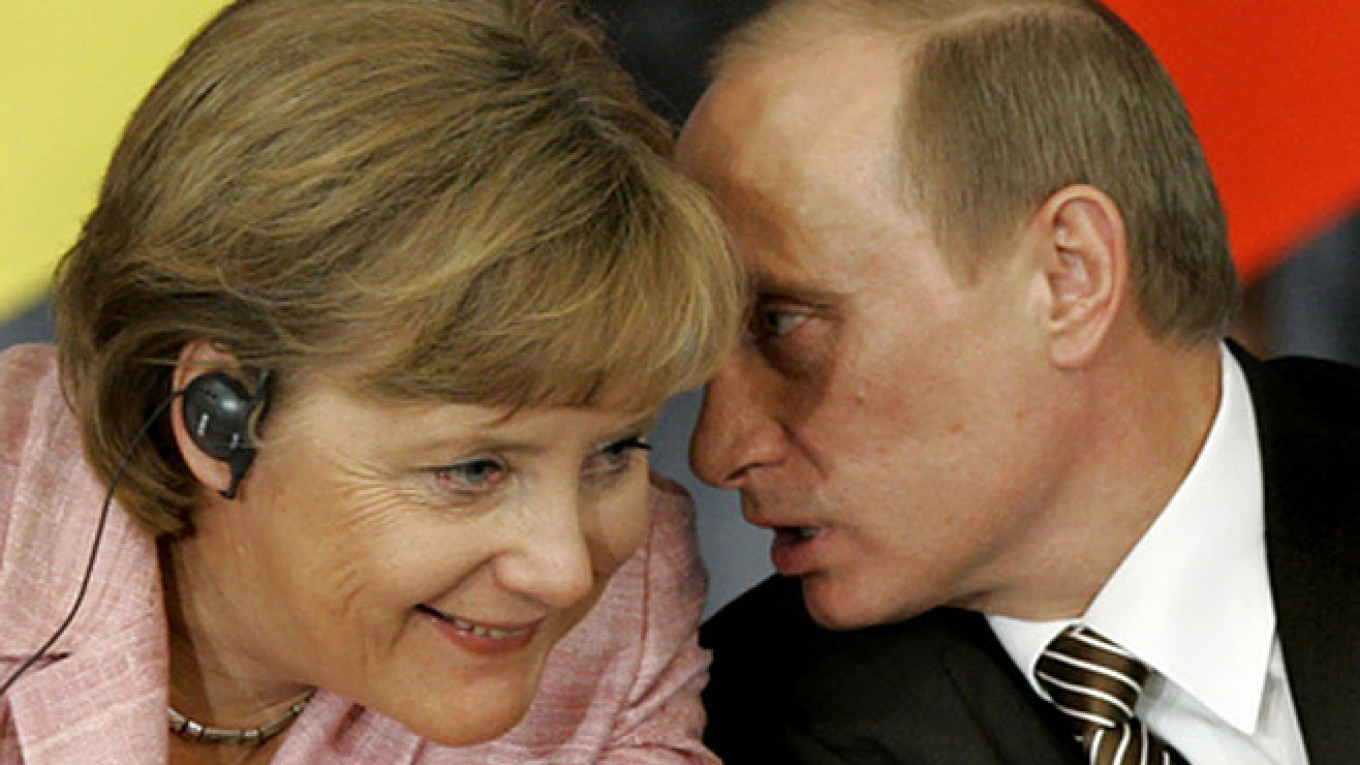Ukraine has suffered a complete collapse of civil order and seems to be heading toward full-scale civil war. Kiev's use of its military forces and ultra-right nationalist gangs to unleash the assault on the positions in eastern Ukraine held by protesters leave no doubt that the worst is yet to come.
The way Washington presents the story is that the U.S. was trying to promote freedom, democracy and other precious Western values in Ukraine with the help of billions of U.S. taxpayers' dollars, while the evil Putin used all possible covert and overt actions to prevent Ukraine's integration with Europe. His goal, the argument goes, was to forcefully keep Ukraine within its zone of influence, and in the long run restore the dictatorial Soviet empire, albeit on a more modest scale.
Moscow's version is understandably quite different. The most important among U.S. objectives is to weaken Russia geopolitically and economically, and all U.S. presidents starting with Bill Clinton have made it a primary goal to encroach upon Russia's territorial boundaries through NATO expansion and to undermine its influence in post-Soviet space.
"We will figure out the way to prevent the Eurasian Union," famously declared Hillary Clinton when she was secretary of state in the administration of President Barack Obama.
At the same time, the U.S. military-industrial complex is terrified of cuts in U.S. defense spending, and reviving the Russian bear as an existential threat to the U.S. is a useful way of convincing the public that defense expenditures should be actually increased.
The U.S. energy industry also has a direct stake in Ukraine. If Europe can be strong-armed into cutting its imports of Russian natural gas, it opens up a huge potential market for U.S. shale gas producers.
And of course, Washington wants to use this manufactured crisis in Ukraine to force its European allies to increase their military spending since it has been fed up for years of footing the larger portion of NATO's bill.
Admittedly, Ukrainian President Viktor Yanukovych was far from being an ideal leader,whose reputation was tarnished by allegations of corruption, nepotism and incompetence. Yet he was welcomed in Washington during his official visits, and only six months ago, he was wined and dined by the European Union leadership in Vilnius — even after he announced that he was not going to sign the EU Association Agreement. Nevertheless, Washington decided that he had to go since he dared to pursue an independent foreign policy.
If you look at the leading presidential candidates in Ukraine, nearly all of them held senior positions in the previous corrupt governments, or they have made dubious fortunes from Ukraine's corrupted business environment.
German scholar Hans-Werner Sinn wrote in a recent comment in the Wall Street Journal, "After killing millions of Russians in World War II and enjoying the good fortune of a peaceful reunification thanks also to Russia's support, it is the duty of Germany in particular to de-escalate this conflict."
Of course, appealing to morality or German historical guilt for World War II crimes only goes so far. German companies are not ready to give up their huge profits and trade with Russia just to please Obama. We are hearing stronger voices coming from German businesses that their interests don't coincide with those of Washington.
When push comes to shove, money means more than morality.
Edward Lozansky is president of the American University in Moscow and a professor at Moscow State University and National Research Nuclear University.
A Message from The Moscow Times:
Dear readers,
We are facing unprecedented challenges. Russia's Prosecutor General's Office has designated The Moscow Times as an "undesirable" organization, criminalizing our work and putting our staff at risk of prosecution. This follows our earlier unjust labeling as a "foreign agent."
These actions are direct attempts to silence independent journalism in Russia. The authorities claim our work "discredits the decisions of the Russian leadership." We see things differently: we strive to provide accurate, unbiased reporting on Russia.
We, the journalists of The Moscow Times, refuse to be silenced. But to continue our work, we need your help.
Your support, no matter how small, makes a world of difference. If you can, please support us monthly starting from just $2. It's quick to set up, and every contribution makes a significant impact.
By supporting The Moscow Times, you're defending open, independent journalism in the face of repression. Thank you for standing with us.
Remind me later.






